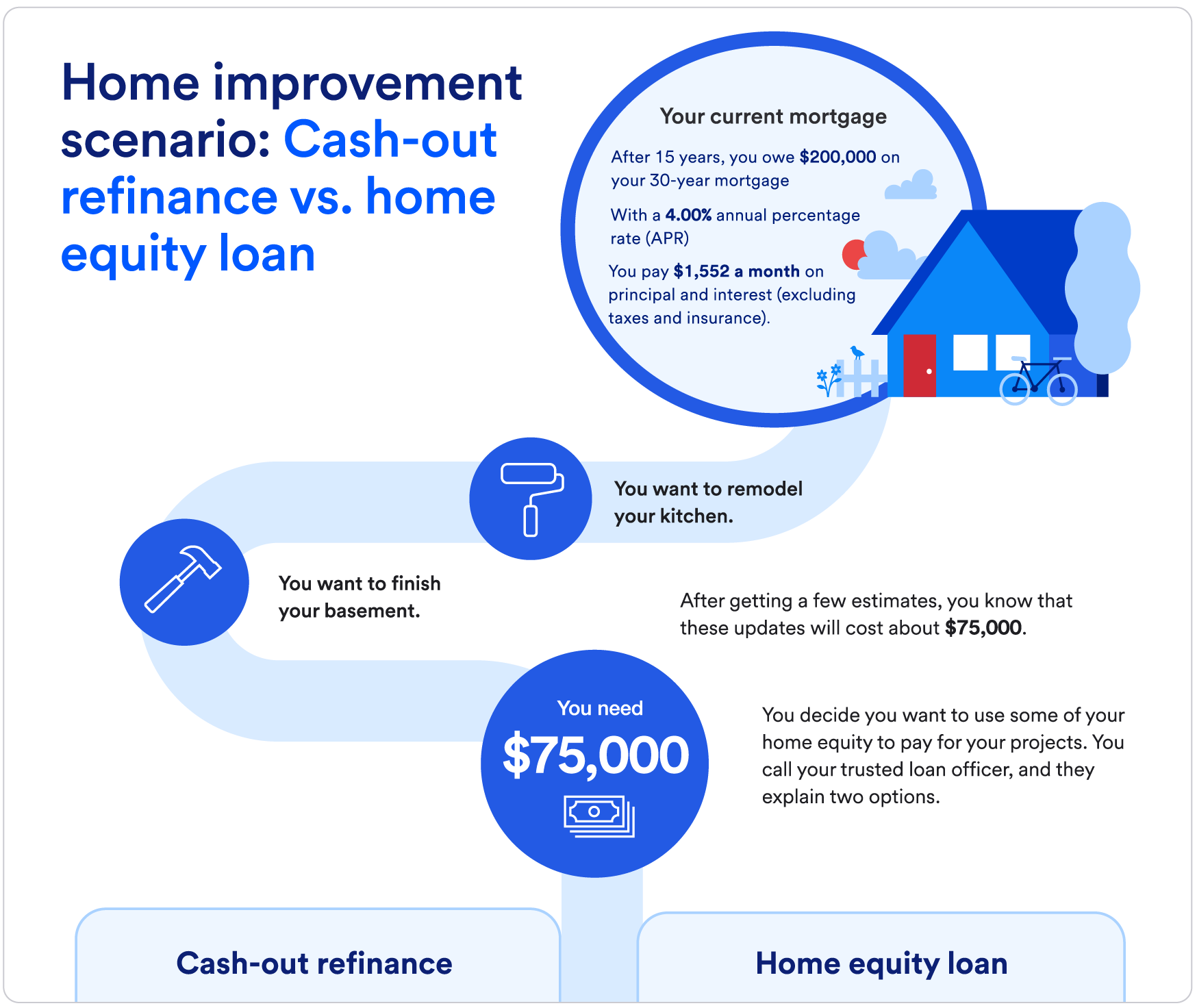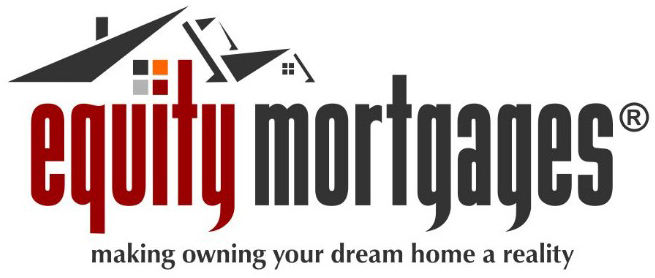Equity Release Mortgages Explained for First-Time Applicants
Wiki Article
Exploring the Various Kinds Of Equity Release Mortgages Available Today
Equity Release home mortgages present different choices for homeowners aged 55 and over. equity release mortgages. These monetary items deal with different needs and preferences, enabling people to accessibility funds from their residential or commercial property. From lifetime home mortgages to common gratitude home mortgages, each type offers distinct advantages. Comprehending these choices is crucial for making informed choices. What factors should one consider when selecting one of the most appropriate equity Release strategy? The information that follow may lose light on this essential topicComprehending Equity Release Mortgages
Equity Release home mortgages supply property owners, commonly those aged 55 and over, with a method to access the worth bound in their residential property without requiring to market it. This economic option enables people to transform a part of their home equity into cash, which can be made use of for different purposes, such as home renovations, repaying debts, or financing retirement.Equity Release can take various types, but it fundamentally involves borrowing versus the value of the home while maintaining ownership. House owners can select to obtain a round figure or a series of smaller repayments, depending on their economic demands and preferences.Additionally, the amount readily available for Release is affected by the home's worth, the home owner's age, and certain lending institution requirements. In general, comprehending equity Release home loans is vital for property owners to make informed choices about taking advantage of their home's equity while taking into consideration the long-term implications.Lifetime Mortgages
Lifetime home loans stand for among the most popular types of equity Release. This monetary item permits home owners, normally aged 55 or older, to obtain against the worth of their property while retaining possession. The finance, which is secured against the home, accumulates rate of interest over time however does not require month-to-month settlements. Instead, the financing and accumulated rate of interest are repaid when the home owner passes away or relocates into lasting care.Lifetime home loans use adaptability, as customers can pick to get a swelling sum or choose a drawdown facility, accessing funds as needed. Notably, many strategies featured a no-negative-equity assurance, guaranteeing that borrowers will never owe greater than the worth of their home. This feature provides peace of mind, enabling individuals to enjoy their retirement without the anxiety of diminishing their estate. Generally, life time mortgages function as a feasible alternative for those looking for financial assistance in later life.Home Reversion Program

Drawdown Life Time Mortgages
While numerous property owners look for methods to access their wide range, drawdown life time home loans provide a flexible choice that permits people to Release funds gradually. This kind of equity Release mortgage makes it possible for home owners to borrow versus the value of their building while keeping possession. Unlike conventional life time mortgages, drawdown plans enable consumers to access a portion of their equity upfront and withdraw added funds as needed, up to a fixed limit.This feature can be particularly beneficial for those that wish to manage their funds thoroughly, as it lessens passion build-up by only charging rate of interest on the amounts drawn. Additionally, drawdown life time home loans often feature a "no adverse equity warranty," making sure that customers will certainly never owe even more than their home's value. This alternative matches retirees that prefer financial safety and flexibility, enabling them to fulfill unexpected costs or keep their way of life without having to sell their residential property.Boosted Lifetime Mortgages
Boosted Lifetime Home loans use distinctive benefits for eligible home owners looking for to Release equity from their residential properties. Understanding the eligibility requirements is necessary, as it identifies who can gain from these specialized finances. It is also vital to assess the possible drawbacks linked with improved choices, making certain a well-rounded point of view on their usage.Eligibility Requirements Described
Understanding the qualification criteria for Boosted Lifetime Mortgages is necessary for prospective applicants seeking to access the equity in their homes. Generally, applicants need to be aged 55 or older, as this age requirement is standard in the equity Release market. Property owners should have a residential or commercial property valued at a minimum threshold, which can differ by lender. Importantly, the property should be their primary home and in good problem. Lenders frequently assess the homeowner's wellness condition, as certain health conditions might improve qualification and advantages. Furthermore, candidates must not have existing substantial financial debts protected versus the home. Fulfilling these criteria allows people to explore Improved Life time Mortgages as a sensible choice for accessing funds locked up in their homes.Benefits of Improved Home Mortgages
After clearing up the qualification criteria, it ends up being noticeable that Enhanced Life time Home mortgages offer a number of considerable benefits for property owners seeking to utilize their residential or commercial property equity. Mostly, they supply accessibility to a larger finance quantity contrasted to conventional life time home mortgages, profiting those with wellness problems or age-related elements that boost their life span threat. This boosted loaning capability allows home owners to satisfy different monetary demands, such as home improvements or retired life expenditures. In addition, these mortgages usually include versatile repayment options, making it possible for consumers to handle their finances better. The no-negative-equity assurance better guarantees that homeowners will certainly never ever owe greater than their home's worth, supplying peace of mind. Overall, Boosted Lifetime Home loans offer a compelling choice for eligible house owners seeking economic options.Prospective Drawbacks Considered
While Boosted Lifetime Home mortgages use various advantages, prospective drawbacks call for careful factor to consider. One considerable concern is the influence on inheritance; the equity launched minimizes the value of the estate entrusted to beneficiaries. Furthermore, these home mortgages can accumulate significant rate of interest with time, resulting in a substantial financial obligation that may surpass the initial car loan quantity. There may likewise be constraints on property modifications or rental, restricting house owners' adaptability. Improved items often require certain wellness problems, meaning not all property owners will certainly qualify. Handling the fees and charges connected with these home loans can be complicated, possibly leading to unanticipated costs. Because of this, people should completely analyze their circumstance and speak with financial advisors before proceeding.Shared Appreciation Home Loans
Shared Recognition Home loans stand for an unique monetary arrangement that permits house owners to gain access to equity while sharing future residential property value raises with the lending institution. This approach uses possible advantages such as minimized monthly payments, but it also includes downsides that should be meticulously thought about. Recognizing the eligibility needs is vital for those thinking about this web link choice.Idea Overview
Equity Release home loans, particularly in the kind of common gratitude home loans, offer home owners an one-of-a-kind economic solution that enables them to access funds by leveraging the value of their residential or commercial property. In this setup, a lender provides a finance to the house owner, which is normally settled through a share of the home's future recognition in value. This means that when the homeowner markets the building or passes away, the loan provider receives a percentage of the boosted value, instead of just the first financing quantity. Shared recognition mortgages can be appealing for those looking to supplement their earnings or financing substantial expenses while maintaining possession of their home. However, the economic effects of common gratitude must be meticulously thought about by prospective consumers.Downsides and advantages
Shared recognition mortgages can offer substantial financial advantages, they additionally come with notable disadvantages that possible customers should take into consideration. These mortgages allow house owners to accessibility equity in their residential properties while sharing a portion of any future recognition with the loan provider. This setup can be valuable during his comment is here times of rising residential property values, using significant funds without monthly repayments. Nevertheless, the primary drawback is the possible loss of equity; home owners may end up with substantially decreased inheritance for heirs. Additionally, the complexity of the terms can bring about misconceptions regarding repayment obligations and the percentage of recognition owed. As a result, it is crucial for customers to evaluate these elements thoroughly prior to committing to a shared appreciation mortgage.Eligibility Demands
What criteria must house owners fulfill to receive a shared gratitude mortgage? Largely, candidates need to go to least 55 years old, assuring they are within the target demographic for equity Release products. In addition, the residential or commercial property must be their main residence and typically valued above a defined minimum limit, often around ? 100,000. Lenders additionally evaluate the homeowner's financial scenarios, consisting of revenue and arrearages, to determine they can manage the home mortgage sensibly. Notably, the home needs to be in great problem and complimentary from considerable lawful encumbrances. House owners ought to also have a clear understanding of the terms, consisting of how gratitude will certainly be shown to the lender upon sale or transfer of the residential or commercial property, as this influences general returns.Choosing the Right Equity Release Option

Regularly Asked Questions
What Age Do I Need to Be for Equity Release?
The age requirement for equity Release generally begins at 55 for most plans. Some suppliers may supply options for those aged 60 and above, mirroring differing terms based on specific circumstances and lender plans.Will Equity Release Impact My Inheritance?
Equity Release can impact inheritance, as the amount borrowed plus rate of interest minimizes the estate's you can look here worth. Beneficiaries may obtain much less than anticipated, relying on the building's recognition and the overall financial debt at the time of passing.Can I Move Residence With Equity Release?
The inquiry of moving residence with equity Release develops frequently. Generally, individuals can transfer their equity Release strategy to a brand-new home, yet certain terms might apply, needing examination with the loan provider for support.Are There Fees Linked With Equity Release Mortgages?
Fees linked with equity Release home loans can include arrangement fees, assessment fees, and legal prices. Furthermore, there may be very early repayment charges, which can influence the total expense and monetary ramifications for the debtor.How Does Equity Release Effect My Tax Obligation Circumstance?
Equity Release can influence one's tax obligation scenario by potentially increasing taxed earnings, as released funds are thought about funding. It normally does not sustain instant tax responsibilities, making it important to speak with an economic expert for personalized support.Conclusion
In summary, the selection of equity Release mortgages available today provides homeowners aged 55 and over multiple paths to access their property's worth - equity release mortgages. Whether going with a life time mortgage, home reversion plan, or other options, each alternative offers unique benefits customized to individual economic needs. Cautious consideration and examination with an economic advisor are important to guarantee the chosen equity Release solution straightens with individual objectives and economic situations, ultimately helping with educated decision-making for a safe monetary future. Equity Release home loans existing numerous options for home owners aged 55 and over. Equity Release home mortgages offer homeowners, generally those aged 55 and over, with a way to access the value tied up in their residential property without needing to sell it. Improved Life time Mortgages supply unique benefits for qualified property owners looking for to Release equity from their residential or commercial properties. Equity Release mortgages, specifically in the kind of common appreciation home loans, provide property owners a distinct monetary solution that enables them to access funds by leveraging the value of their home. In recap, the selection of equity Release home loans offered today supplies home owners aged 55 and over multiple pathways to access their building's worthReport this wiki page